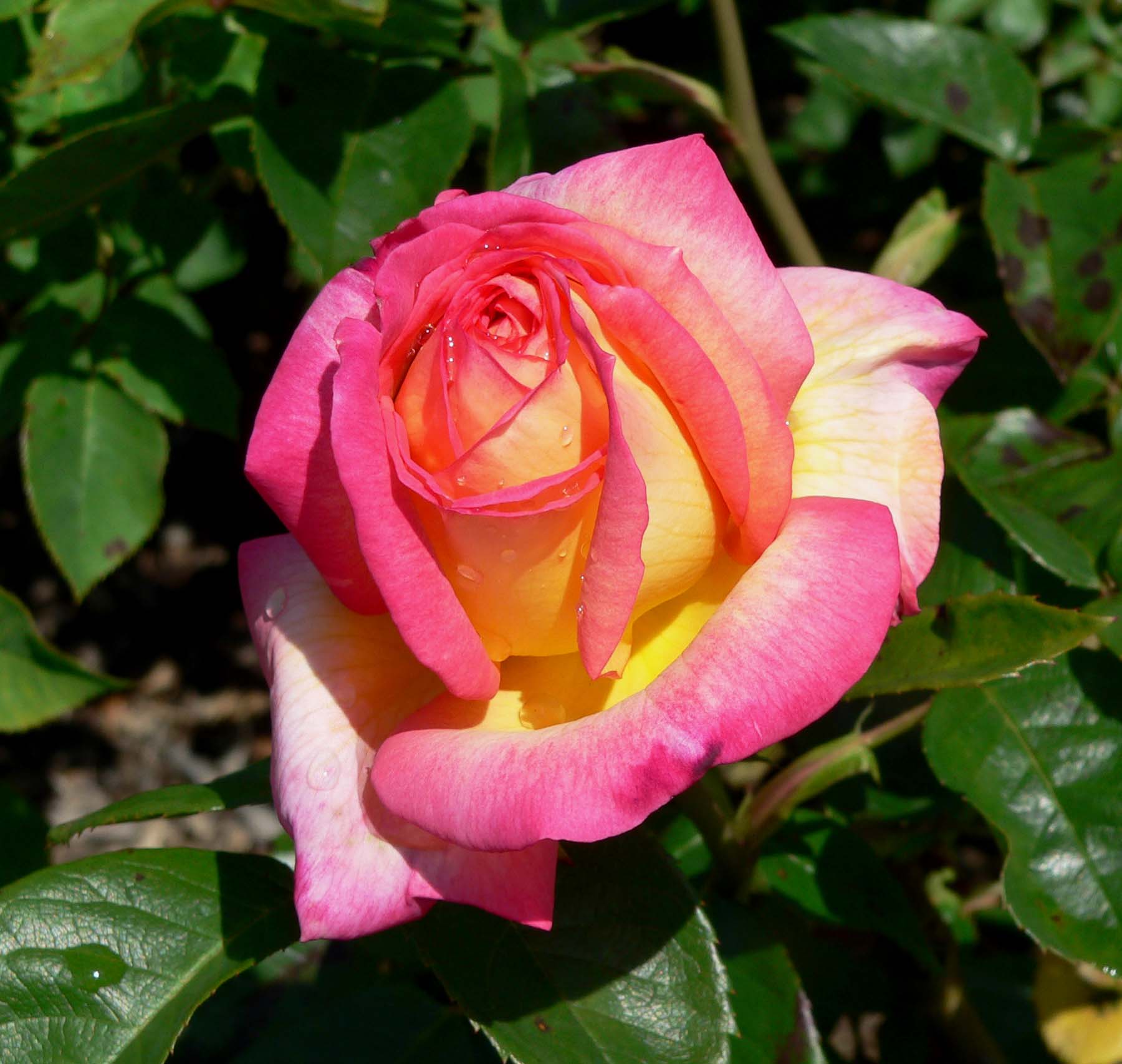Seizo Suzuki on:
[Wikipedia]
[Google]
[Amazon]
 was a Japanese
was a Japanese
 was a Japanese
was a Japanese rose
A rose is either a woody perennial plant, perennial flowering plant of the genus ''Rosa'' (), in the family Rosaceae (), or the flower it bears. There are over three hundred Rose species, species and Garden roses, tens of thousands of cultivar ...
hybridizer and the director of the Keisei Rose Research Institute Keisei may refer to:
*Keisei (monk)
*Keisei Electric Railway
*Keisei Bus
The is a bus company within the Keisei Group. It was established on 1 October 2003 to inherit all business of the Keisei Electric Railway bus department.
Local bus service ...
in Japan
Japan is an island country in East Asia. Located in the Pacific Ocean off the northeast coast of the Asia, Asian mainland, it is bordered on the west by the Sea of Japan and extends from the Sea of Okhotsk in the north to the East China Sea ...
. He has been described as one of the leading modern Japanese rose breeders.
Rose breeding career
Suzuki opened ''Todoroki Rose Garden'' in Tokyo in 1938. With the help of his wife Haruyo his collection of 300 rose varieties survived the Second World War, laying the foundation for his career as professional rosarian. In 1956, Suzuki achieved his first international success, when hiscultivar
A cultivar is a kind of Horticulture, cultivated plant that people have selected for desired phenotypic trait, traits and which retains those traits when Plant propagation, propagated. Methods used to propagate cultivars include division, root a ...
'Amanogawa' ('The Milky Way'), a yellow floribunda, was awarded a bronze medal at the International Gardening Association Contest in Hamburg.
When the Keisei Rose Nursery was created in 1958, Suzuki was asked to lead its research institute. His most popular cultivars include ''French Perfume'', ''Gipsy Carnival'', ''Kuroshinju'', ''Mikado'' and ''Olympic Torch'' (syn. 'Seika').
Disambiguation
Avoid confusion with Seizo Suzuki (鈴木清三), classical musician (oboist) 1922-2008References
20th-century Japanese botanists Japanese gardeners Rose breeders 1913 births 2000 deaths Scientists from Tokyo Metropolis {{Japan-bio-stub